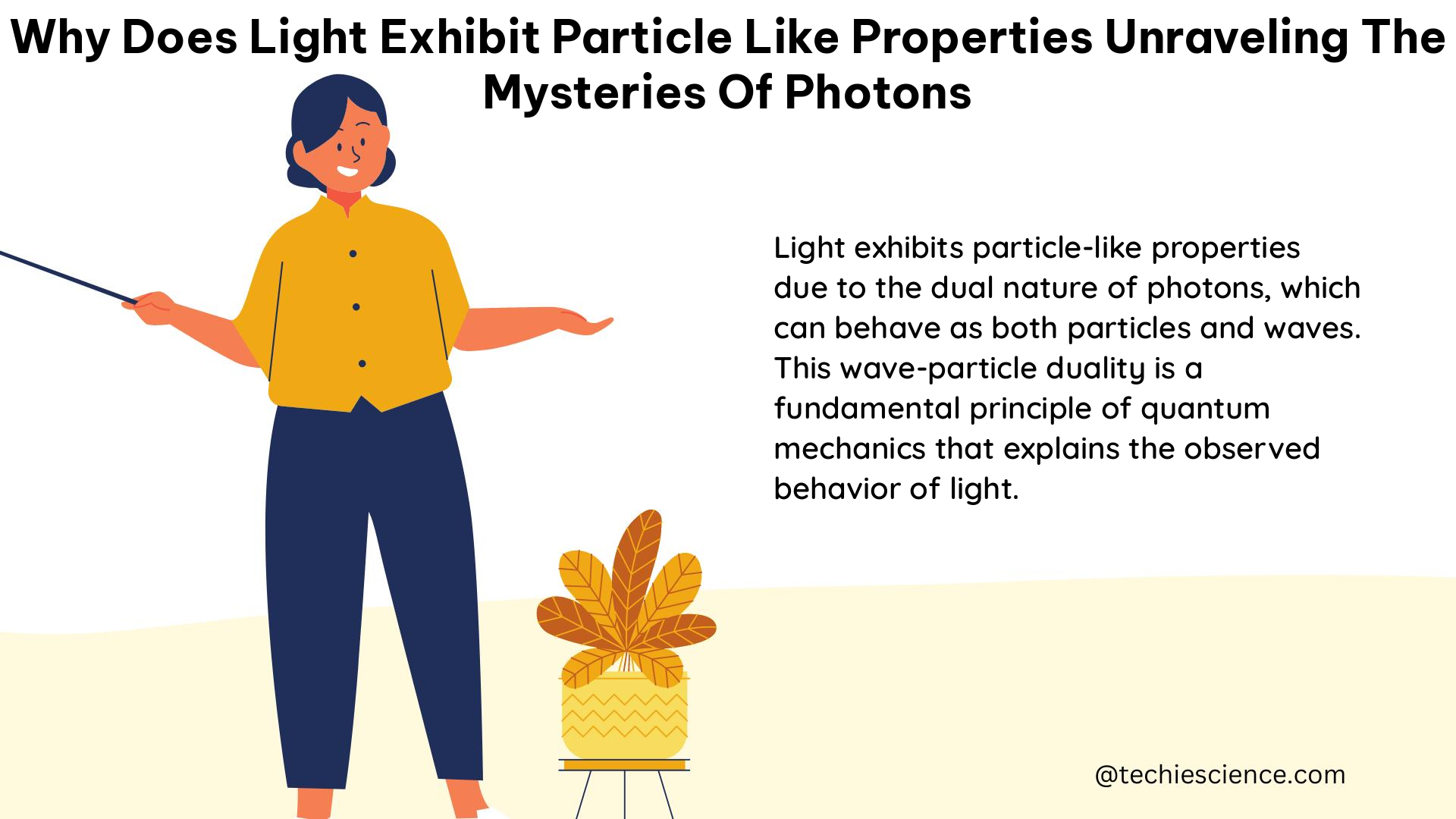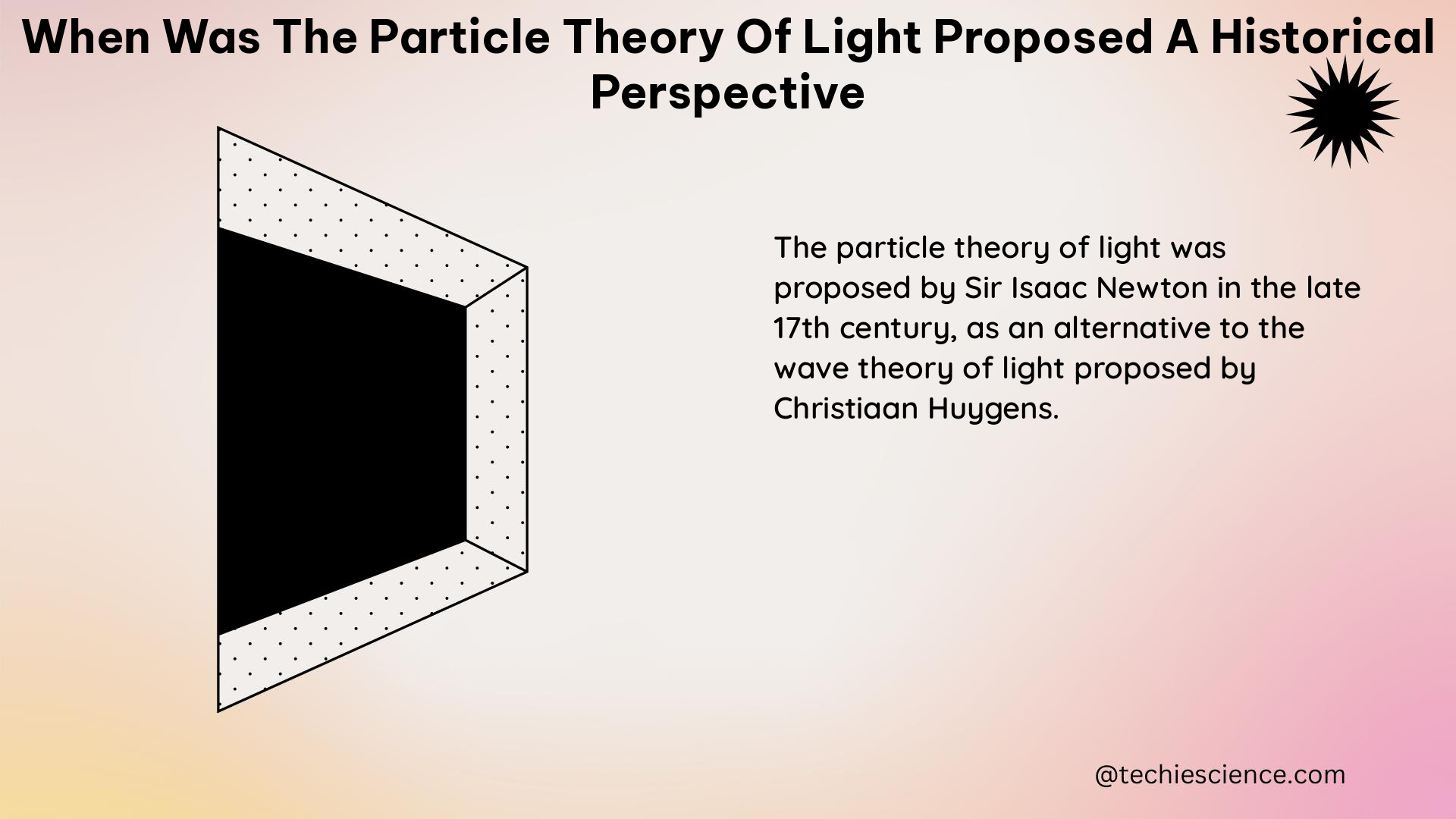Why Does Light Exhibit Particle-like Properties: Unraveling the Mysteries of Photons
Light exhibits particle-like properties due to its quantization into discrete packets of energy called photons. Photons have a fixed amount of energy, which depends on their wavelength, and they carry no mass. This dual nature of light, exhibiting both wave-like and particle-like properties, is known as wave-particle duality. The Photoelectric Effect: Demonstrating Photon Behavior One … Read more

